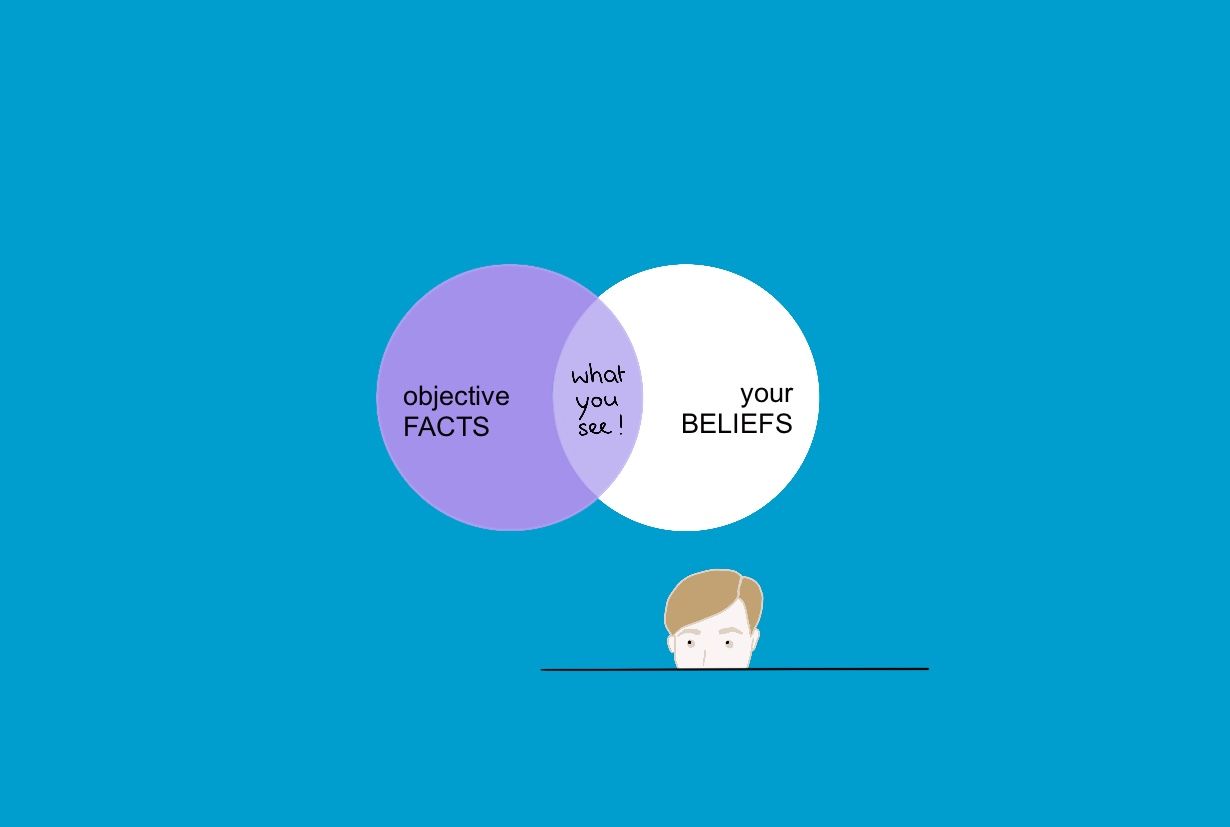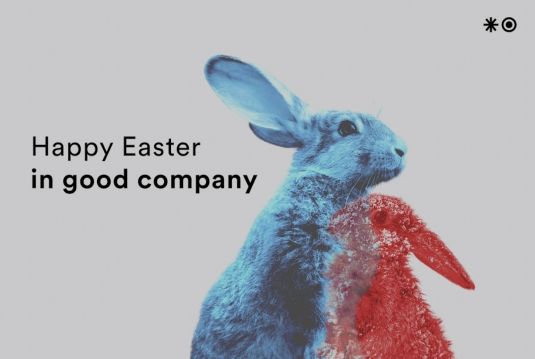Confirmation Bias
Part 2 of the Coopers Blog Series on Unconscious Biases

When starting our Coopers blog series uconscious biases, we explained them in full detail. In a nutshell: We humans tend to stereotype and are easily (mis)guided by prejudices, as they reduce our decision-making effort. However, they are usually based on incorrect and/or incomplete information – and thus lead us astray.
Unconscious biases are based, among other things, on information overload
The best way to steer clear from these cognitive pitfalls: Be aware of them!
To increase awareness is why we address them here on the Coopers blog. Especially in recruiting, many people cross paths without really knowing each other (or not for long). This is an invitation for our brain to take shortcuts. Unfortunately, those shortcuts don't necessarily lead to the right decision and, in recruiting, to the right employee.
Coopers blog series: Unconscious biases
Matters concerning DE&I (diversity, equality, inclusion) are close to our hearts and we hope that this blog series contributes to reducing unconscious biases in recruiting and in the working world in general. Our first post dealt with the affinity bias and our tendency towards people whose views, interests, and experiences we share. Today's focus:
Unconscious bias #2: Confirmation bias.
In a nutshell: We like to confirm ourselves. No matter what it's about: from political decisions to product choices in the supermarket (because marketers like to use confirmation bias in their marketing messages), to media consumption.
We seek and remember information that confirm our opinion rather than challenge them. At the same time, we tend to ignore anything that contradicts our views. As a result, we are biased and have a selective perception of the world around us, that makes us jump to conclusions. Thus, the confirmation bias follows an inductive way of thinking: we conclude generalizations from individual cases.
An everyday example: A man thinks that women are the worse drivers. If a woman stands out negatively in traffic, he quickly jumps to the conclusion "no surprise, a woman at the wheel." All the women who are good drivers are completely overlooked.
Recruiting is also susceptible to confirmation bias: candidates are categorized on the basis of a first impression, and this impression can then be confirmed by selective information searches. For example, top candidates are more likely to be asked interview questions that highlight strengths rather than weaknesses – and vice versa. This can lead to semi-optimal results.
Structured interviews, which we briefly addressed here, provide a remedy. Following a guideline makes interviews objective, fair and the performance of candidates comparable.
The tricky thing about the confirmation bias – and every other unconscious bias, really – is the unconsciousness-part. It happens unnoticed and against better intentions. This makes it all the more important to ensure objectivity when making far-reaching decisions, such as in recruiting – from an inclusive job advertisement, to approaching candidates, to the final candidate selection. It's the best way to ensure a fair application process and to build or, respectively, expand a diverse team with professionally matching colleagues.
Pause for a moment and think about when you last opted for confirmation instead of challenge. Surely, something will pop up in your mind...
We practice this at Coopers to remind the importance of an objective recruiting process and treating everyone equally – because this is part of putting people first, one of our core values.
Your Coopers Family
Coopers World

Coopers Team Meeting
Full house at the Orangerie: Coopers Onsite Team Meeting April 2024.

Welcome at Coopers, dear Zeynep!
A warm welcome to Zeynep who joins the Coopers Zurich team as Talent Acquisition Consultant.

7x in a Row: Coopers Among Best Recruiters in Switzerland
Coopers was voted one of the best recruiters in Switzerland for the seventh time in an independent survey.
